ORCHESTRATION
Cecil Forsyth
With a New Foreword by
WILLIAM BOLCOM
University of Michigan, Ann Arbor
Dover Publications, Inc.
New York
Copyright 1982 by Dover Publications, Inc.
All rights reserved.
This Dover edition, first published in 1982, is an unabridged republication of the second edition, 1935, as published, within the series The Musicians Library, by Macmillan and Co., Limited, London, and Stainer and Bell, Limited, London (first edition: Macmillan, 1914). The Foreword to the Dover Edition was specially written for the present edition by William Bolcom.
Library of Congress Cataloging in Publication Data
Forsyth, Cecil, 1876-1941.
Orchestration.
Reprint of: 2nd ed. London : Macmillan, 1935.
1. Instrumentation and orchestration.
MT70.F76 1982781.64
ISBN 0-486-24383-4
82-7265
AACR2
Manufactured in the United States by Courier Corporation
24383412
www.doverpublications.com
FOREWORD TO THE DOVER EDITION
WHEN I was around eleven or twelve years old and growing up in Washington State, I was studying composition with two teachers in Seattle, George Frederick Mckay (now deceased) and John Verrall (who is, I am happy to say, very much with us and likely to live to a Eubie Blake-ean great age). The first gave me very general lessons and often upset me; I find, however, that I now teach rather like my memory of Professor Mckay, in seeking to disturb my students rather than resolve things for them, which I feel is not my job. However, all students at some point need something more than the wrenching koans McKay would pose me; we also need simple skills and discipline in the technical side of music, and this must be taught with as much spirituality as the more transcendental aspects. For this side of my education I am largely indebted to Professor Verrall, who sought and found a balance between the technical and spiritual in music that he could impart to me.
I always bit off more than I could chew, and still do, and so I tried a string quartet. Jack (which I can now call him; I couldnt then) looked at it, and patiently told me that a total of three manuscript pages was not enough to add up to a real quartet, that I must try a larger structure. In order to understand the strings better, he suggested I buy a Forsyth Orchestration.
I still have the same copy more than thirty years later, and it is still my bible when I need to refresh my memory about a certain instrument. I have not ever found a subsequent orchestration manual to be anywhere near its equal, and I think the principal reason is that no other book of its genre affords such an insight into the inner workings of the orchestra: namely, a sense of who the players are.
In the end, an orchestrator is not writing for instruments as much as for instrumentalists. Every instrument in the modern orchestra has its own history and culture, which is preserved in teaching; gaining a sense of what it is to be a violinist, clarinetist or trombonist is essential in learning to write effectively for the orchestra, and I know of no other book that gives as much insight into this as Forsyth. Not only are the history and evolution of each important instrument fully discussed; the technique and even the players likes and dislikes vis--vis what they must play are gone into fully.
One of the special joys of Forsyth, however, and in this I find nothing else remotely like it, is his witty side. The end of the doublebass article (p. 461) not only makes the reader chuckle, it gives a very good general insight in how not to write for the bass. Forsyths articles on obsolete instruments, particularly that on the serpent (p. 286), are replete with quotable zingers. The musical examples (many of them derived, by the way, from those in the Berlioz-Strauss offering of some years earlier) are apposite and (unlike the Berlioz-Strauss) mercifully short and to the point.
A cautionary note: Forsyths orchestra is the orchestra of before the First World War. There have been numerous developments in instrumental technique on an individual basis since then; one need not remind the reader of the tremendous growth in the percussion family since that time. But much, or most, of what Forsyth says holds today. Since 1914 two major factors have contributed to keeping the orchestra in (I think) a lamentably steady stateup until then the orchestra evolved and added to its numbers as various new instruments gained in players technique enough to be worthy of itand those are: (1) the First World War itself, which decimated the ranks of orchestral players dramatically (one need only compare the Stravinsky of Le Sacre to that of LHistoire du Soldat to see what that war did to the instrumental ensemble), and (2) the unions. When the American Federation of Musicians decided on the basic complement of winds, brass and strings in the orchestra, that decision effectively eliminated the slow inclusion of instruments like the saxophone into the ranks (no smart orchestrator will use too many instrumentalists that require time-and-a-half pay) or that of any of the electric instruments that now possess a formidable technical culture. Forsyth fully expected these accretions (after all, the previous history of the orchestra had always been in that direction: for proof of Forsyths feelings on the subject see his late addendum on the saxophone on p. 490), and I am sure he would have been disappointed in the ossification of this wonderful ensemble into the historical monument it now is becoming. Gunther Schullers famous remarks on the rigidity of the average orchestral musicians attitude today could very well find cause in the vague sense many of these musicians may have that their ensemble may be fading into the past, and themselves with it. Thus it is in a way sad to remark that little need be added to Forsyths great work in order to make it usable today.
No orchestrally minded composer or orchestrator should rely 100% on any book, of course; much of my subsequent experience in learning about instrumental culture has come from buttonholing and badgering players about their own instruments, and in the end this is the only real way to learn orchestration. A few minor points should, however, be mentioned for the student: for one, Forsyth would today have to list the chromatic harp among the obsolete instruments (the technique died with the last living teacher in the Paris Conservatoire, around World War II); for another, the average tenor trombonist now can reach nearly all the pedal tones Forsyth said were impossible; for a third, most saxophones now possess a  key, extending the bottom range. Similar adjustments that should be made in understanding the scope of each instrument are best accomplished by asking instrumentalists themselves, as I suggested before, and a general check should be made on the same basis of the differences in instrumental ranges (particularly in keyboard percussion instruments like the xylophone) between Forsyths 1914 British orchestra and the American orchestra of today.
key, extending the bottom range. Similar adjustments that should be made in understanding the scope of each instrument are best accomplished by asking instrumentalists themselves, as I suggested before, and a general check should be made on the same basis of the differences in instrumental ranges (particularly in keyboard percussion instruments like the xylophone) between Forsyths 1914 British orchestra and the American orchestra of today.
With these cautions I feel that Forsyth is still eminently usable and in fact is very likely the best general textbook on orchestration found today, avoiding as it does the encyclopedic cumbersomeness of the Koechlin and Casella multivolume works and at the same time eschewing the workmanlike humdrumness of most current orchestration manuals. For years I have recommended Forsyth to my students, and I am extremely glad that it will be easily obtainable again.
ANN ARBOR, 1982

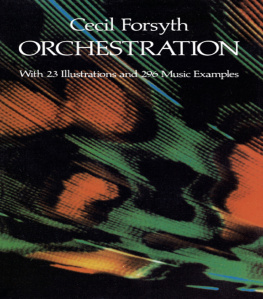
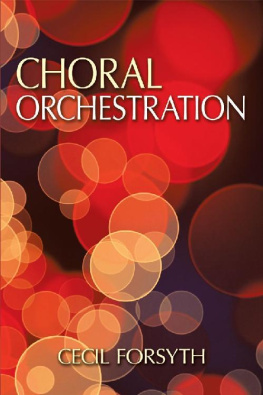
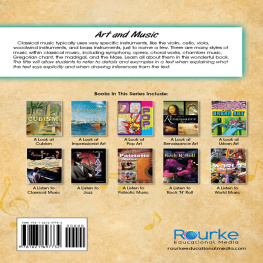
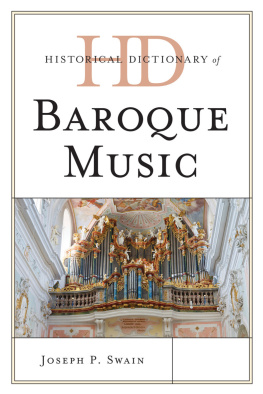
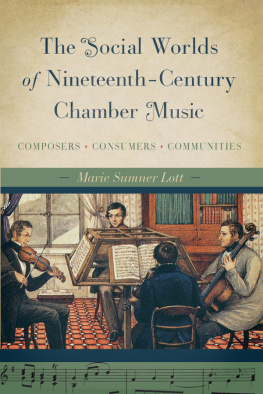
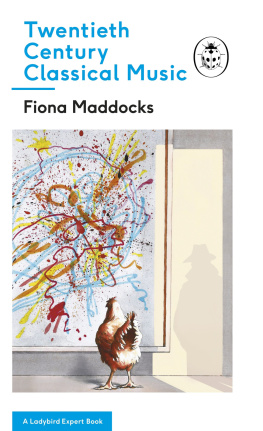

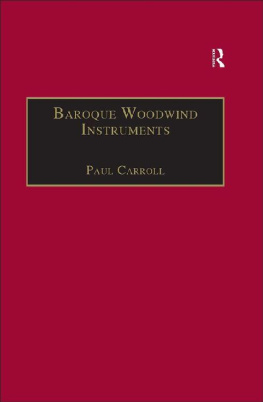
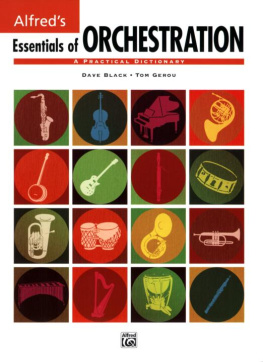
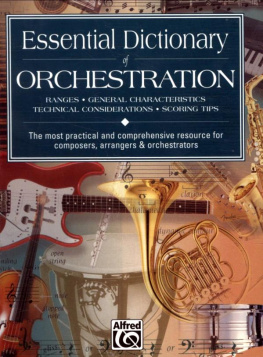
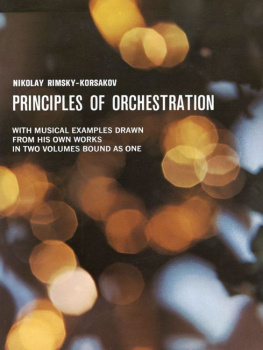
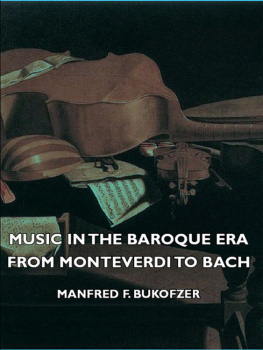
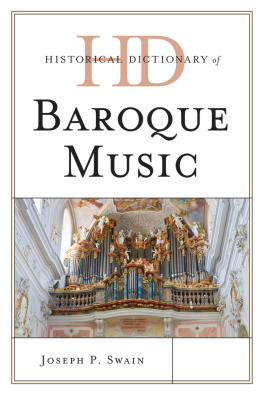

 key, extending the bottom range. Similar adjustments that should be made in understanding the scope of each instrument are best accomplished by asking instrumentalists themselves, as I suggested before, and a general check should be made on the same basis of the differences in instrumental ranges (particularly in keyboard percussion instruments like the xylophone) between Forsyths 1914 British orchestra and the American orchestra of today.
key, extending the bottom range. Similar adjustments that should be made in understanding the scope of each instrument are best accomplished by asking instrumentalists themselves, as I suggested before, and a general check should be made on the same basis of the differences in instrumental ranges (particularly in keyboard percussion instruments like the xylophone) between Forsyths 1914 British orchestra and the American orchestra of today.